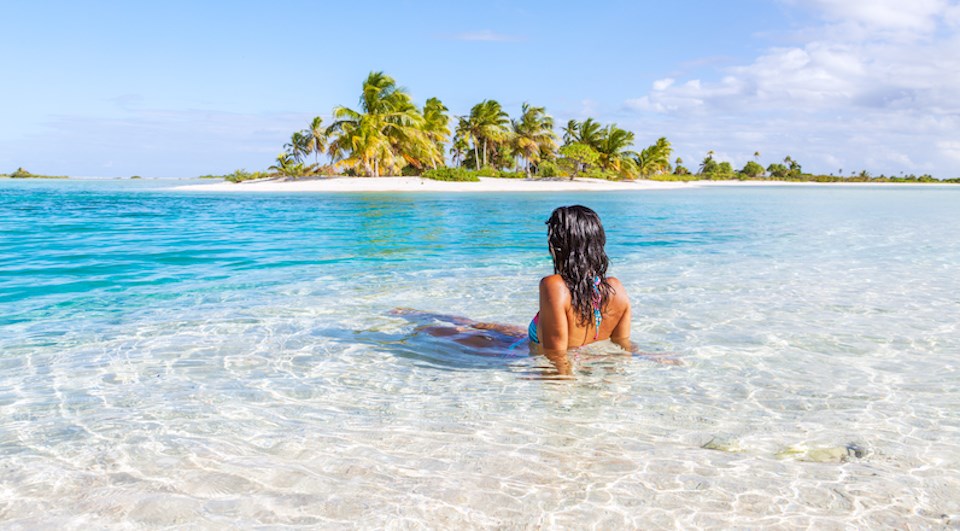A new survey finds that the majority of Canadians plan to stay home over the holidays or keep their travel local—but interest in travel is rising.
Finder, an independent comparison platform, surveyed 224,371 people in 19 countries to find out how coronavirus restrictions affect residents' plans to travel domestically or internationally.
The company's November Travel Index reveals that 22 per cent of Canadians (roughly one in five people) plan to travel in the next three months, which is up from 13.5 per cent from its October survey results.
Report authors note that Canadians also expressed more interest in domestic travel since the last survey, climbing from 8.7 per cent in October to 12 per cent in November.
Similarly, the interest in international travel has grown month-over-month, with 12 per cent of Canadians expressing plans to travel abroad, up from 6.7 per cent of respondents in the October survey.
Canadian women are more eager to hit the road, but only by a slim margin. According to the survey, 21.7 per cent of women plan to travel in the coming three months versus 21.3 per cent of men.
Finder adds that planning a vacation a few months in advance "may be a thing of the past." In most countries, the majority of people planned for travel in the month immediately following the survey, which speaks to uncertainty in the ever-changing pandemic travel landscape.
COVID-19 self-testing kits for travel
There are several clinics in the Lower Mainland you can visit to obtain the coronavirus test result needed for travel.
COVID-19 testing for travel may cost upwards of $150 CAD per person, although prices vary. Find out more information about the process and some local companies that provide the tests.
For testing from the comfort of your home, a Canadian company sells portable self-administered COVID-19 molecular and antigen test kits to avoid the hassle of visiting clinics. Find out more information about the company and its self-testing process.
Find out how you can get your federal proof of vaccination.



